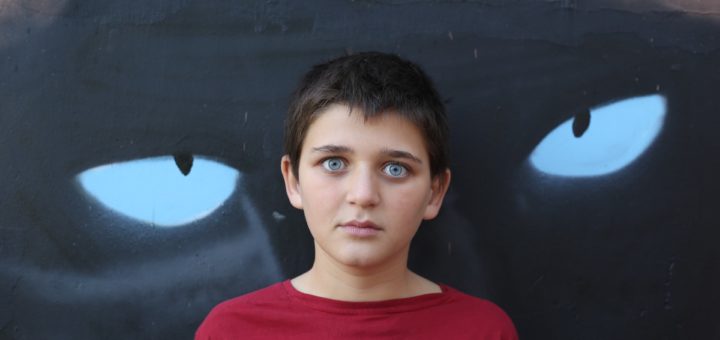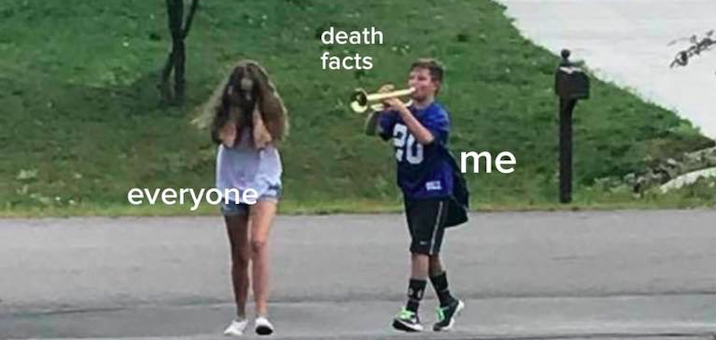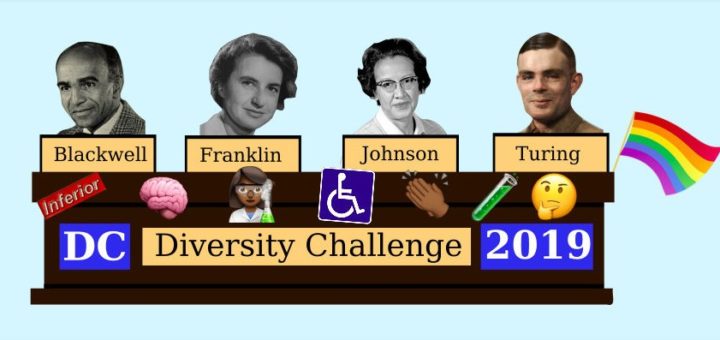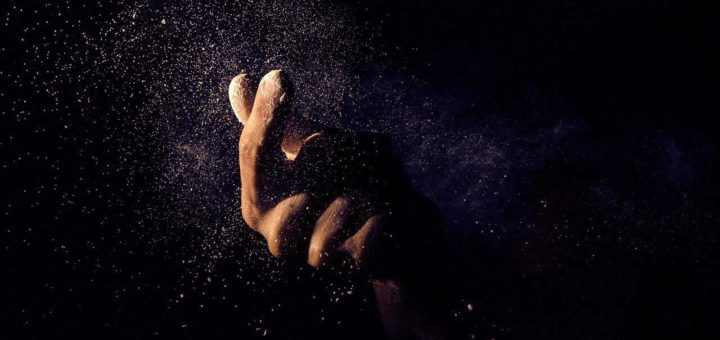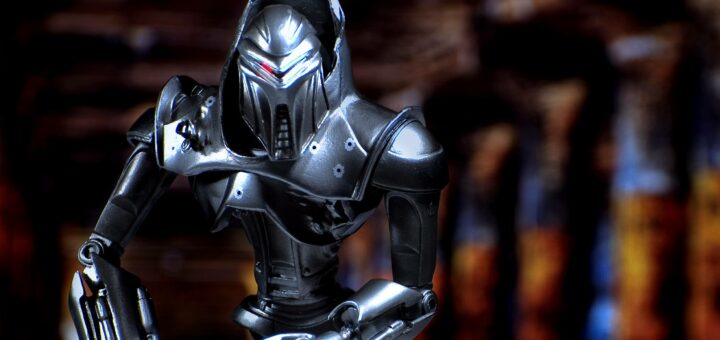Is CGI too advanced for its own good?
Realism has always been held up as the ultimate goal of new animation technology; now that goal is within sight, and the result is making audiences recoil. Katrina takes a look at the movie ‘Cats’ and the phenomenon known as uncanny valley.
Katrina attended the Glasgow Science Festival event ‘Modern Medicine and Death – an Unhealthy Relationship?’ In the words of Lana Del Rey, “you and I, we were born to die” – so why does our society struggle so hard against the inevitability of death?
Katrina travelled to the Royal Institution in London for the first ever Diversity Challenge, a live quiz show inspired by University Challenge but with a more representative line-up of panellists, speakers, and subjects. Sounds awesome, right? Here’s your starter for ten…
A series of lawsuits have been brought against Johnson & Johnson by women alleging that talcum powder caused their ovarian cancer, a suggestion that current science does not support. Katrina Wesencraft takes a look at the evidence to see if there is a greater conspiracy at play.
With several countries investing in the development of lethal autonomous weapons (LAWs), many believe that we are in the midst of an artificial intelligence arms race. This technology has the power to transform modern warfare, but should we allow machines to determine and attack their own targets?
Katrina Wesencraft peeks into a future of shared 3D printing and digital embroidery at the UoG launch of the MAKLab Makerspace.
Human faeces, an experimental drug in the US, may in fact provide a cheap and effective treatment for several devastating neurological disorders, without any side-effects.
For the first time, Glasgow Science Festival has worked in partnership with the Department of Philosophy at the University of Glasgow to bring us ‘The Value of Suffering’. Suffering is defined as the state...

